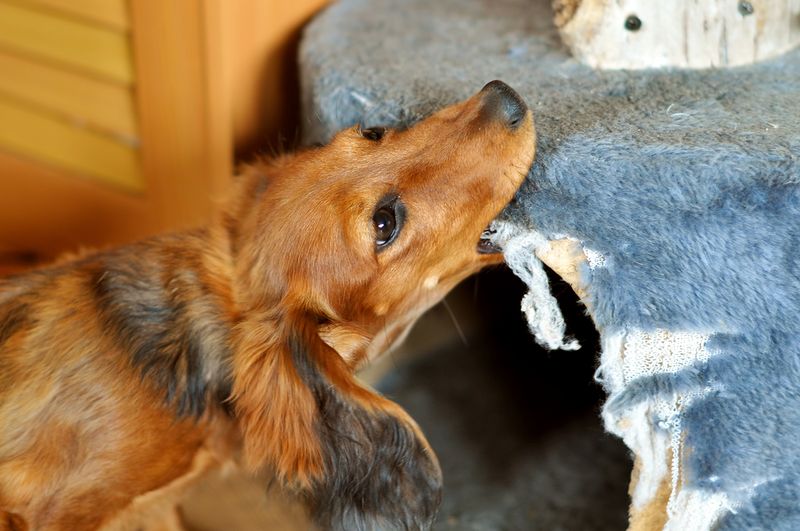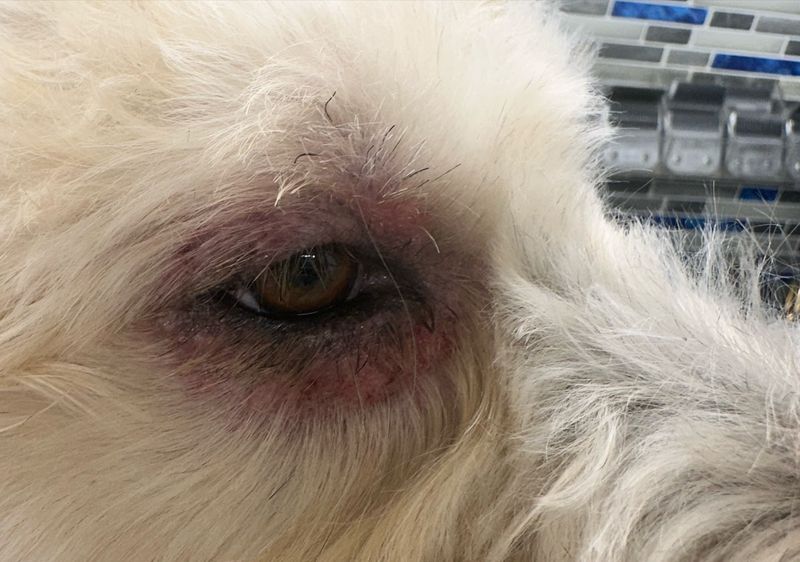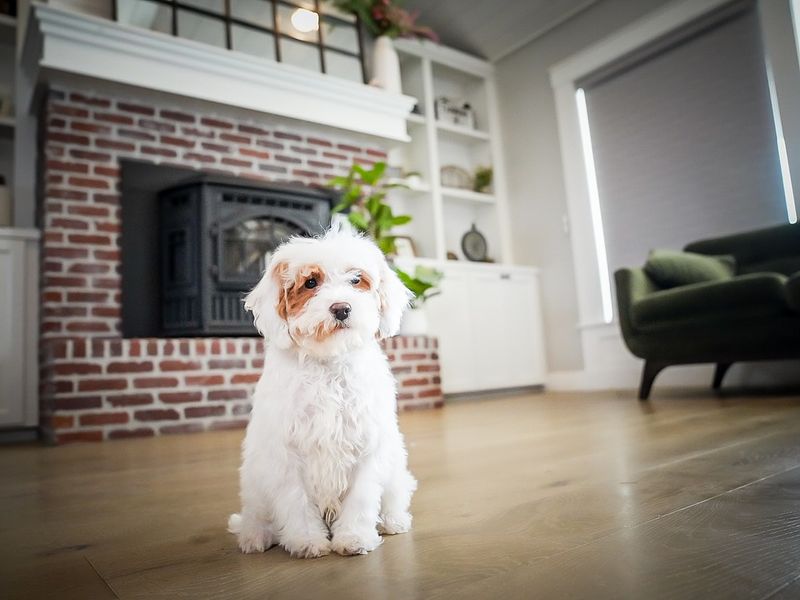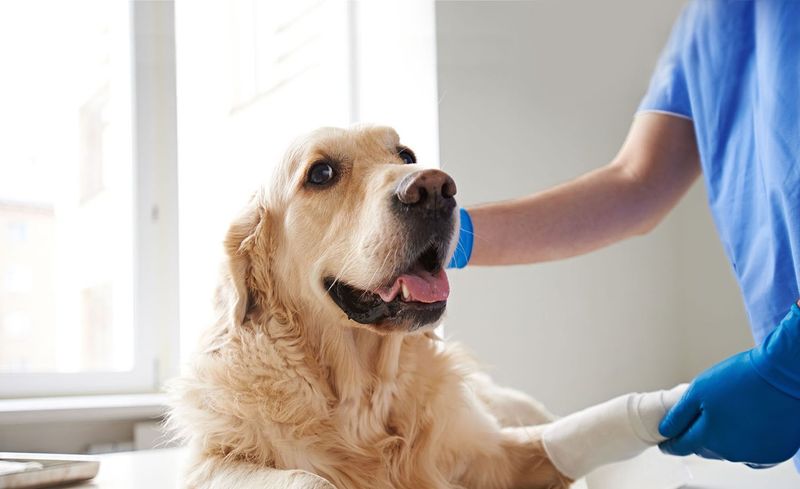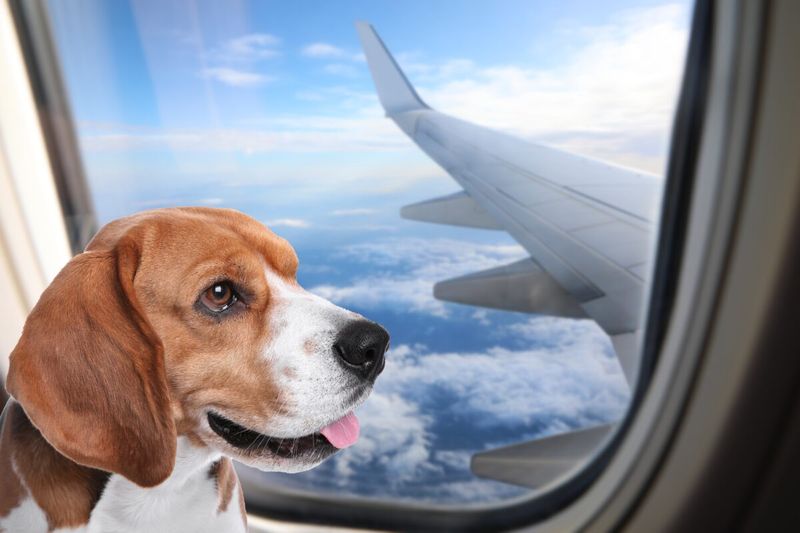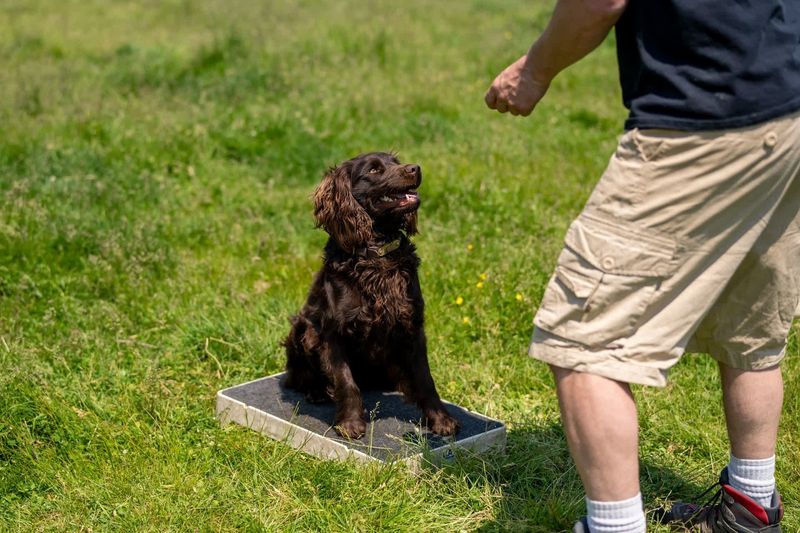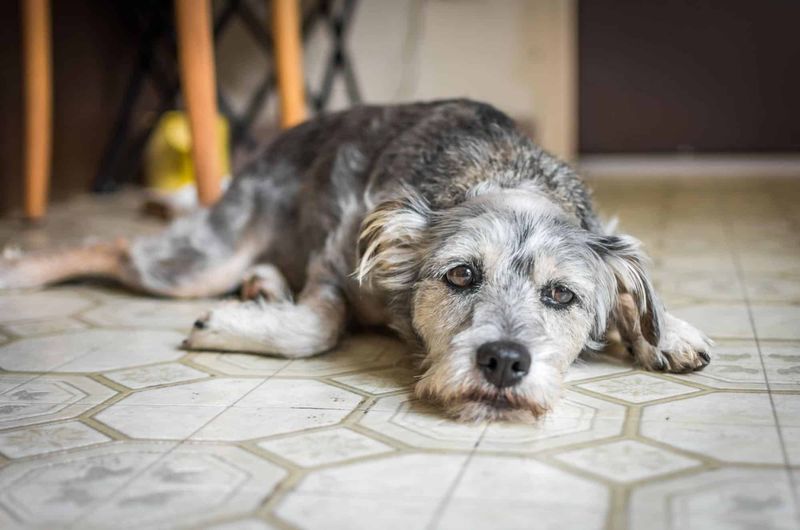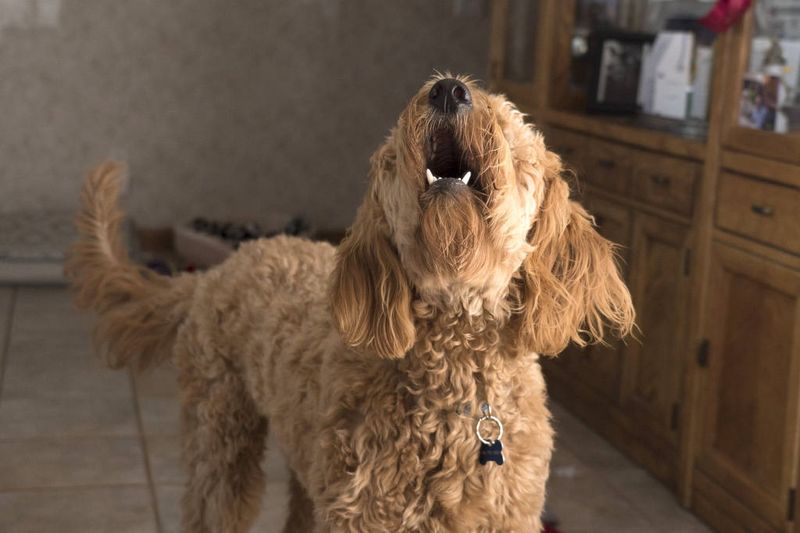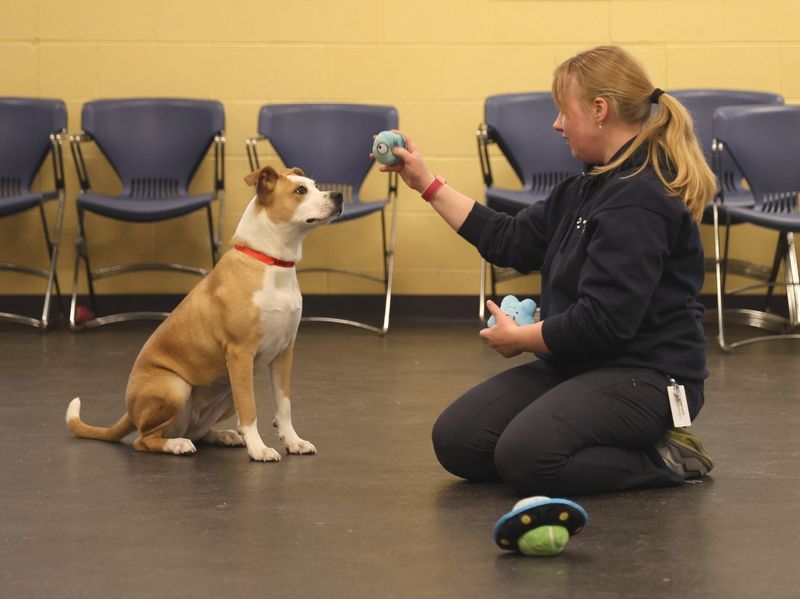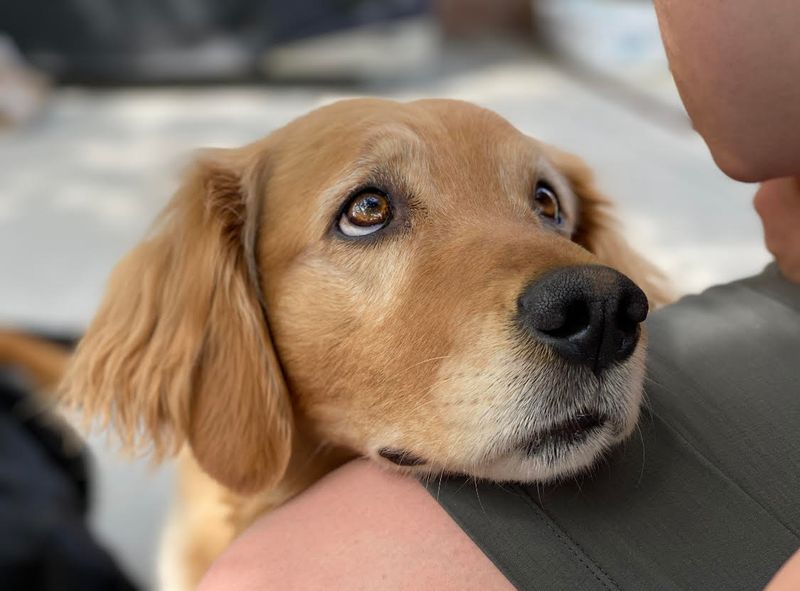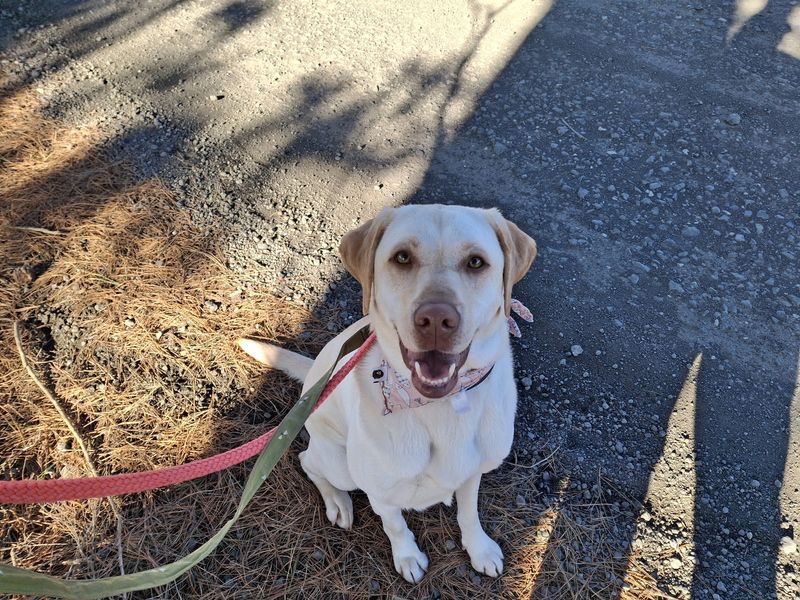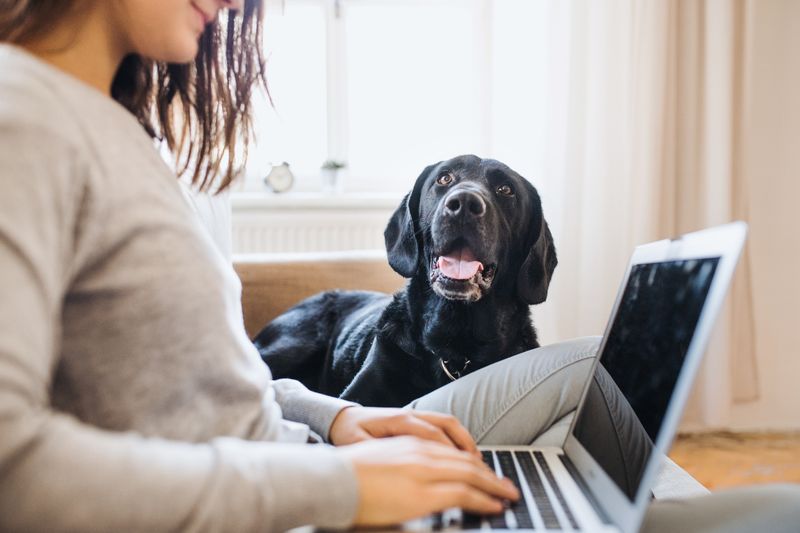Owning a dog is a significant responsibility that requires time, energy, and commitment. While dogs can bring immense joy and companionship, they’re not suitable for everyone. Here are 15 indicators that having a dog might not align with your lifestyle or preferences. Consider these signs carefully before deciding to bring a canine friend into your home.
Lack of Time for Daily Care
You’re a busy bee, buzzing from one task to another, barely finding time for yourself. Dogs demand daily attention, from walks to feeding, which might clash with your hectic schedule. If your days are packed with meetings or if you travel frequently, leaving a dog home alone for long stretches can lead to behavioral issues.
Imagine coming home late, exhausted, only to find a hyperactive dog craving your attention. It’s not just about physical presence; they need emotional engagement, too. Dogs thrive on routine, and a chaotic lifestyle might not provide the stability they require.
Allergic to Pet Dander
Sneezing fits and itchy eyes are no fun, especially when they’re triggered by your furry friend. Allergies can make pet ownership uncomfortable, turning joy into a sneeze-ridden ordeal. If you’re prone to allergies, having a dog might exacerbate your symptoms.
Consider the constant shedding and dander that dogs bring into your home. It’s not just seasonal; it’s year-round. Living in discomfort or relying heavily on medication isn’t ideal. Weigh the constant battle with allergies against the love for an animal that might just be too much to handle.
Limited Living Space
Picture a lively Retriever trying to play fetch in a cramped studio apartment. Space constraints can make owning a dog more challenging than fulfilling. Dogs, particularly larger breeds, need room to roam and play.
If your living quarters are tight, both you and the dog might feel stifled. The clutter of dog toys and the need for a private corner for your pet’s bed can make small spaces feel even smaller. This lack of space can lead to restlessness for your dog and frustration for you, making it a less than ideal situation.
Financial Constraints
Owning a dog isn’t just about affection; it’s a financial commitment, too. With vet bills, food, grooming, and potential emergencies, the costs can add up quickly. If your budget is tight, these expenses might strain your finances.
Imagine an unexpected vet visit that sets you back hundreds, or the monthly cost of high-quality dog food. If you’re not prepared for these financial responsibilities, it might lead to stress rather than joy. Dogs deserve the best care, and financial limitations could hinder your ability to provide it.
Preference for a Clean Home
A spotless home is a source of pride for some, but dogs bring a whirlwind of fur, dirt, and occasional chaos. If you’re meticulous about cleanliness, this might be a source of constant anxiety.
Dogs shed, track in mud, and might have the occasional accident. Frequent cleaning becomes part of the routine. If you cringe at the thought of fur on the couch or mud in the hallway, this might not be the right fit. A spotless living space and dog ownership can be at odds, making cleanliness a daily struggle.
Frequent Traveler
For those with wanderlust, the freedom to travel often conflicts with the responsibilities of a dog owner. Dogs need daily care and attention, which can be tough to provide when you’re always on the go.
Leaving a pet behind, even with a sitter, can cause separation anxiety for your furry friend. If your lifestyle involves frequent trips, you may find it difficult to balance your love for travel with the needs of a dog. Dogs thrive on routine and consistency, and a jet-setting life may not offer that.
Lack of Patience for Training
Training a dog requires patience and consistency, qualities that not everyone possesses. If the thought of repeated commands and potential setbacks frustrates you, owning a dog might not suit your temperament.
Imagine teaching a puppy not to chew your favorite shoes, only to find them shredded the next day. Training takes time, effort, and a calm demeanor. Without these, both you and your dog might end up stressed. Dogs need guidance to become well-behaved companions, and a lack of patience can hinder this process.
Inconsistent Routine
Dogs thrive on consistency, needing regular feeding, walking, and playtimes. If your schedule is unpredictable, with irregular hours or frequent changes, a dog might struggle to adapt.
Picture a hungry dog waiting by an empty bowl while you rush out the door, late for a meeting. This inconsistency can lead to anxiety and behavioral problems for your pet. A stable routine is crucial for a dog’s well-being, and without it, you might find the responsibility overwhelming. Consider if you can offer the structure a dog needs to flourish.
Dislike of Barking
For those sensitive to noise, a dog’s barking can be a significant downside. Some breeds are more vocal than others, but all dogs bark occasionally.
Imagine relaxing at home, only to be startled by incessant barking at every passerby. If you value peace and quiet, this could become a constant source of irritation. Barking is a natural form of communication for dogs, and curbing it completely isn’t realistic. Evaluating your tolerance for noise is essential when considering dog ownership.
Reluctance to Commit Long-term
Dogs often live for 10-15 years, requiring a long-term commitment that not everyone is prepared for. If the future seems uncertain or the idea of a decade-long responsibility is daunting, it’s worth reconsidering.
Dogs are not temporary companions; they need a stable home throughout their lives. Imagine the emotional toll of rehoming a pet because the commitment became overwhelming. A dog’s loyalty deserves reciprocation, and without readiness for long-term care, it might not be the right choice.
Fear of Dogs
For those with cynophobia, or fear of dogs, the idea of having one at home can be intimidating. Even the friendliest dog might seem threatening if fear is present.
Visualize the anxiety of encountering the very animal you’re afraid of, now living in your home. This fear can impact your ability to bond and care for the dog. Overcoming such fears requires time and effort, and not everyone is ready for that journey. If comfort around dogs isn’t attainable, it’s a sign to reconsider ownership.
Busy Family Life
In a bustling household, adding a dog to the mix might seem appealing, but it also adds to the chaos. With kids, chores, and work, finding time for a pet can be challenging.
Imagine the morning rush, with breakfast to prepare, kids to dress, and a dog needing a walk. The demands of family life might leave little room for the attention a dog requires. If the idea of juggling another responsibility feels daunting, it’s wise to consider if a dog fits into your family dynamic.
Aversion to Outdoor Activities
Dogs need exercise, often requiring daily walks and playtime outdoors. For individuals who prefer staying indoors, this could be a mismatch.
Imagine a lazy afternoon with a good book, interrupted by a restless dog needing exercise. If the thought of brisk walks in the park doesn’t appeal to you, this could become a source of tension. Dogs thrive on physical activity, and an aversion to outdoor activities might restrict their well-being. Assessing your willingness to engage in outdoor play is vital.
Concerns About Safety
For some, the idea of a dog running off or getting into trouble causes constant worry. Maintaining a safe environment can be stressful if concerns about escapes or accidents are prevalent.
Picture the anxiety of ensuring gates are always secure and hazardous items are out of reach. This constant vigilance might turn joy into stress. If the idea of keeping a dog safe feels overwhelming, it may not be the right time. A calm and relaxed environment benefits both owner and pet, reducing stress for all involved.
Desire for Independence
For those who value their independence, the responsibility of a dog can feel confining. Dogs require regular attention, care, and companionship, which can limit spontaneous plans.
Imagine planning a weekend getaway, only to find yourself arranging pet care instead. This dependency can be challenging for those accustomed to a free-spirited lifestyle. If maintaining independence is crucial, the commitment to a dog might feel too restrictive. Balancing personal freedom with the needs of a pet requires careful consideration.

